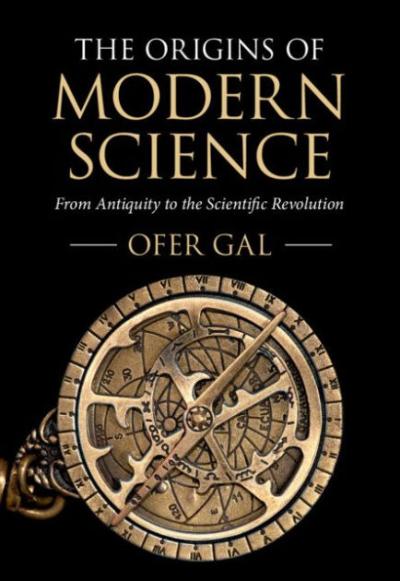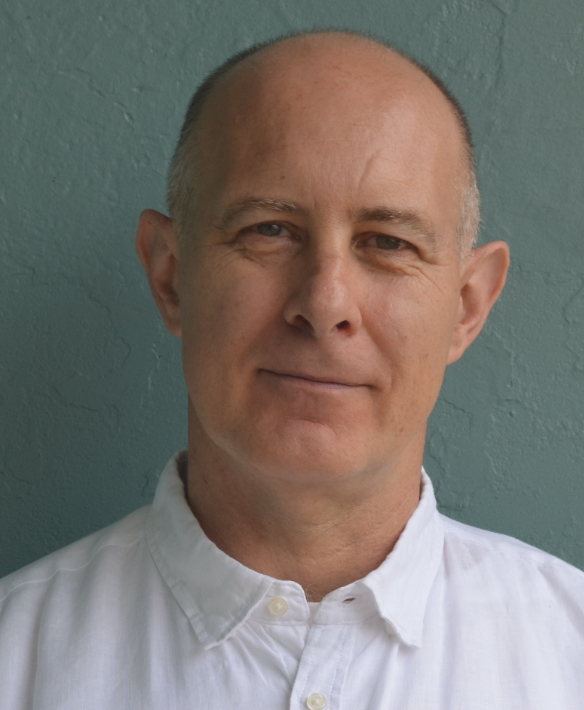
Listen in as professor of History and Philosophy of Science Ofer Gal offers a peek into his exploration of science as a global cultural phenomenon.

Listen in as professor of History and Philosophy of Science Ofer Gal offers a peek into his exploration of science as a global cultural phenomenon.
 In this episode of Perspectives, we speak with Ofer Gal, author of The Origins of Modern Science: From Antiquity to the Scientific Revolution.
In this episode of Perspectives, we speak with Ofer Gal, author of The Origins of Modern Science: From Antiquity to the Scientific Revolution.
What is the role of history in telling stories about science? How and why do we know about how the planets orbit? Why are there cathedrals in South America, and what does that have to do with science?
Listen in as Professor of History and Philosophy of Science Ofer Gal offers a peek into his exploration of science as a global cultural phenomenon. Gal’s synthetic approach to writing history of science begins with Plato and the Ancient Greeks and ends with Robert Hooke and Isaac Newton. In between these great men of science, Gal analyzes a wide range of knowledge producers (including magicians), and draws connections between the role of political power, institutions such as learned academies and universities, and the production of knowledge about the natural world. Gal’s metaphor of the cathedral, the architectural form that signifies the power of a particular religion and a particular deity, prompts readers and listeners to situate scientific knowledge within the conditions of its production. The episode ends with an important reminder to consider the questions one asks, not just the answer one receives.
Closed-captioning available on YouTube.
To cite this podcast, please use footnote:
Ofer Gal, interview, Perspectives, Consortium for History of Science, Technology and Medicine, July 4, 2022, /video/138
Ofer Gal received his Ph.D. from the University of Pittsburgh. He is Professor of History and Philosophy of Science and current Director of the Sydney Centre for the Foundations of Science at the University of Sydney.
The Consortium's collections provide many opportunities to learn more about the history of science from antiquity to the Scientific Revolution. See the Consortium search hub to find more.
Materials related to this topic include:
You can read an English translation of The Malleus Maleficarum (1486-87), a medieval text about witchcraft, at the University of Oklahoma.
The Wellcome Collection holds a number of texts related to Muslim science, including a facsimile of a manuscript by Ibn Fariʻūn, who was active in the 10th century.
The Linda Hall Library holds Isaac Newton’s Philosophiæ Naturalis Principia Mathematica in multiple forms, as well as Robert Hooke’s Micrographia: or Some Physiological Descriptions of Minute Bodies Made by Magnifying Glasses. With Observations and Inquiries Thereupon You can view the digital version of these texts by clicking the links.
The American Philosophical Society holds a copy of The Uses of Experiment: Studies in the Natural Sciences, the book that contains Simon Schaffer’s analysis of Newton’s prisms and experimental studies of light.
© 2025 Consortium for History of Science, Technology and Medicine | Copyright Infringement